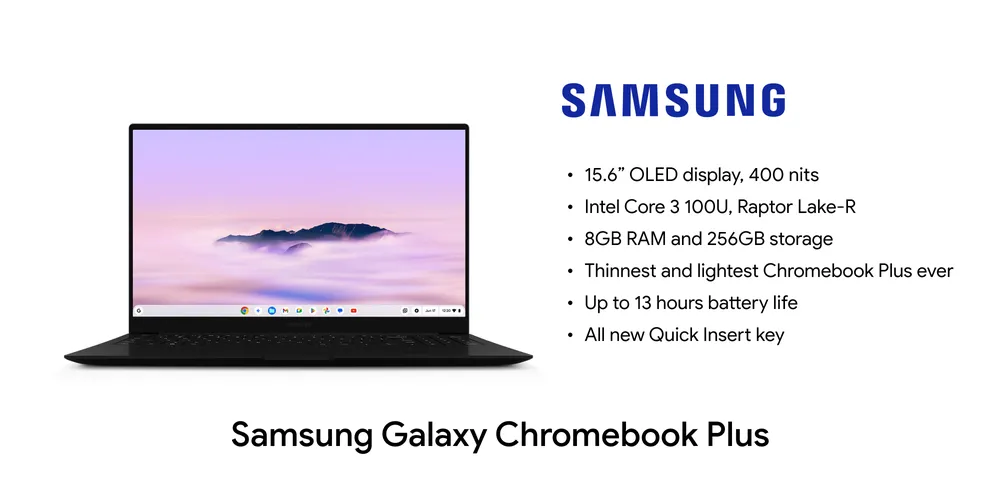
Google announces Linux-powered Samsung Galaxy Chromebook Plus and Lenovo Chromebook Duet 11-inch
Google has unveiled two new Chromebooks, loaded with fresh AI-powered features that are set to boost productivity and take the ChromeOS experience to a new level. With ChromeOS being a Linux-based operating system, the introduction of these features could make Microsoft nervous, as Chromebooks continue to gain ground in offering advanced tools at affordable prices. The new computers include the ultra-thin Samsung Galaxy Chromebook Plus and the versatile Lenovo Chromebook Duet 11”.
The Samsung Galaxy Chromebook Plus, starting at $699, is the lightest and thinnest Chromebook yet, boasting a sleek 15.6-inch OLED display and an Intel Core 3 processor. The Lenovo Chromebook Duet 11”, priced from $339, offers a compact design with a convertible form factor that switches between laptop and tablet modes. Both Chromebooks are equipped with AI-driven features that take ChromeOS to new places.
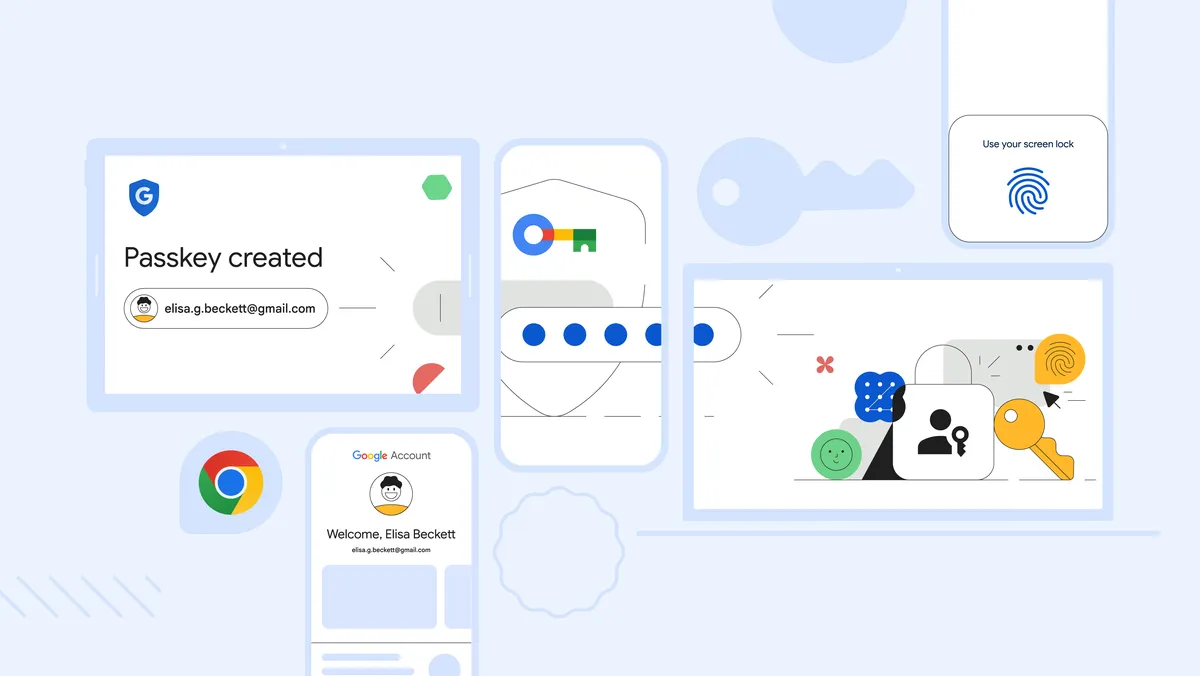
Google expands passkey support to desktop with Google Password Manager
Google has made a move toward a passwordless future by expanding its passkey support to desktop devices. Until now, passkeys could only be saved to Google Password Manager on Android devices, requiring users to scan a QR code from an Android phone to access them on other platforms. However, thanks to a new update, passkeys can now be saved and managed directly on desktop systems running Windows, macOS, and Linux. ChromeOS is also available for testing in the Beta channel.
Passkeys are designed to offer a more secure and user-friendly way of signing in to websites and apps by using biometric methods like fingerprints, facial recognition, or a screen lock instead of traditional passwords. This makes logging in as simple as unlocking your device.
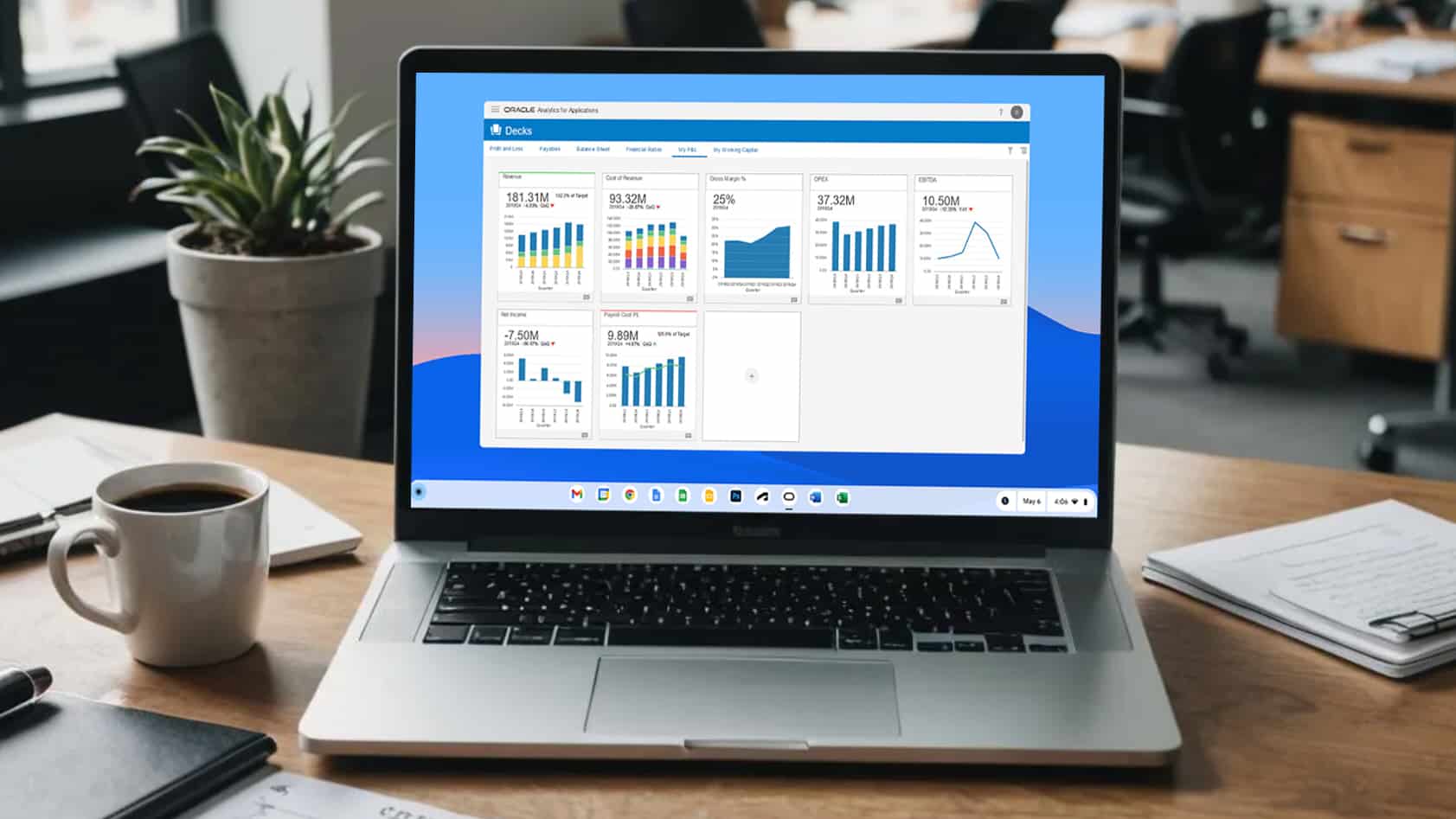
Google acquires Cameyo
Google has announced its acquisition of Cameyo, a company known for its virtual application delivery (VAD) technology. This move is part of a broader strategy by the search giant to enhance ChromeOS by making it easier to manage and access legacy applications through the cloud, moving away from traditional desktop-based environments.
A Forrester Consulting study, commissioned by Google, indicates a shift towards web-based computing, with 90 percent of IT leaders envisioning future applications primarily residing in the cloud. Despite this trend, the study reveals that 50 percent of applications are still client-based, highlighting a gap that VAD technology aims to bridge.
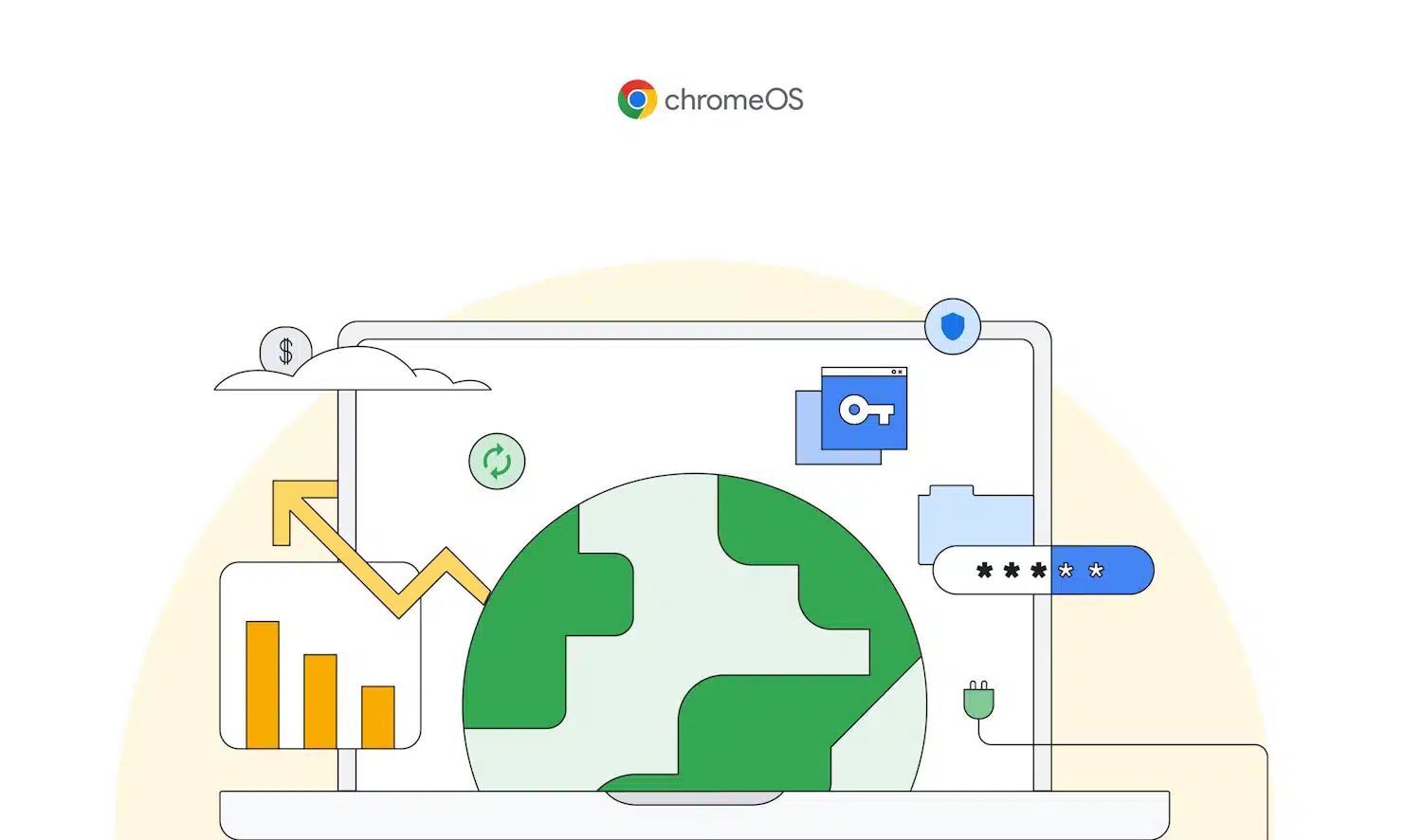
Google thinks ChromeOS Flex could replace Windows 10 or Windows 11 on your PC, or even macOS on your Mac
With the end of support for Windows 10 approaching, and the launch of Windows 11 24H2 not being an option for many people because of hardware compatibility changes, Google is seizing the opportunity to push its own ChromeOS Flex.
ChromeOS Flex is Google's tweaked version of the ChromeOS operating system that can be installed on x86 hardware. The company is pitching its software at businesses and organizations promising that it has "been built with security as a first principle, not an afterthought". The self-promotion is to be found on the Chrome Enterprise blog, but there is nothing to stop home users from replacing Windows or macOS with ChromeOS Flex.
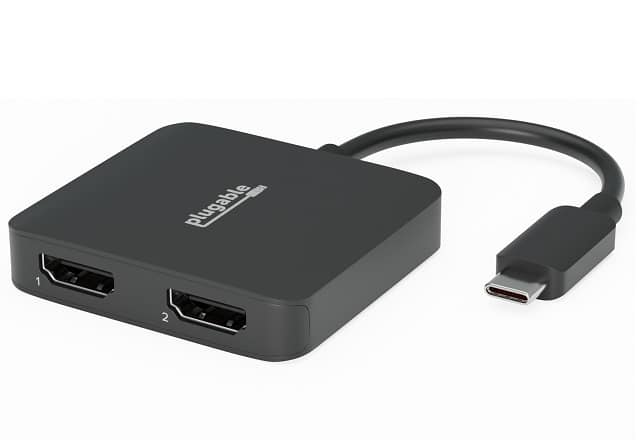
Plugable USBC-MSTH2 enhances productivity and connectivity at an affordable price
Today, Plugable launches the USB-C Dual 4K HDMI Adapter (USBC-MSTH2). Aimed at catering to the needs of business travelers, home office users, and productivity enthusiasts, this dongle offers a cost-effective solution to enhance productivity without the need for an expensive docking station.
Leveraging MST technology, the USBC-MSTH2 delivers outstanding performance and superior construction, enabling users to effortlessly extend their dual 4K 60Hz displays. What's more, this cutting-edge video adapter requires no drivers and is available for a very affordable price.
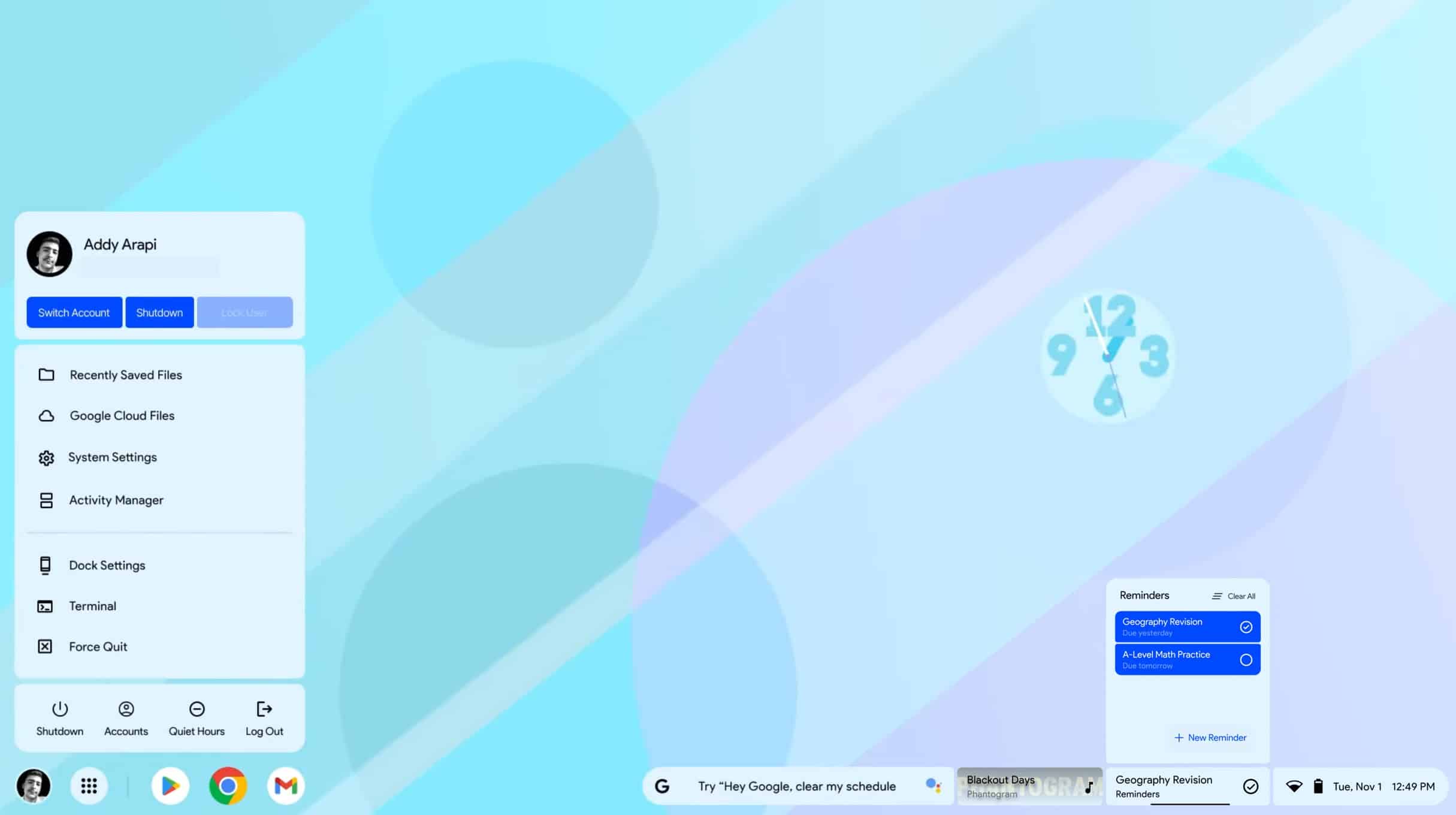
ChromeOS Redesigned shows us a possible future of Google's Linux-based operating system
Google’s ChromeOS is incredibly popular, particularly among students. It’s easy to see why as it’s lightweight, fast, and secure.
There is a slight learning curve to it though, especially if you’ve been using a different operating system for years, like Windows or macOS.
